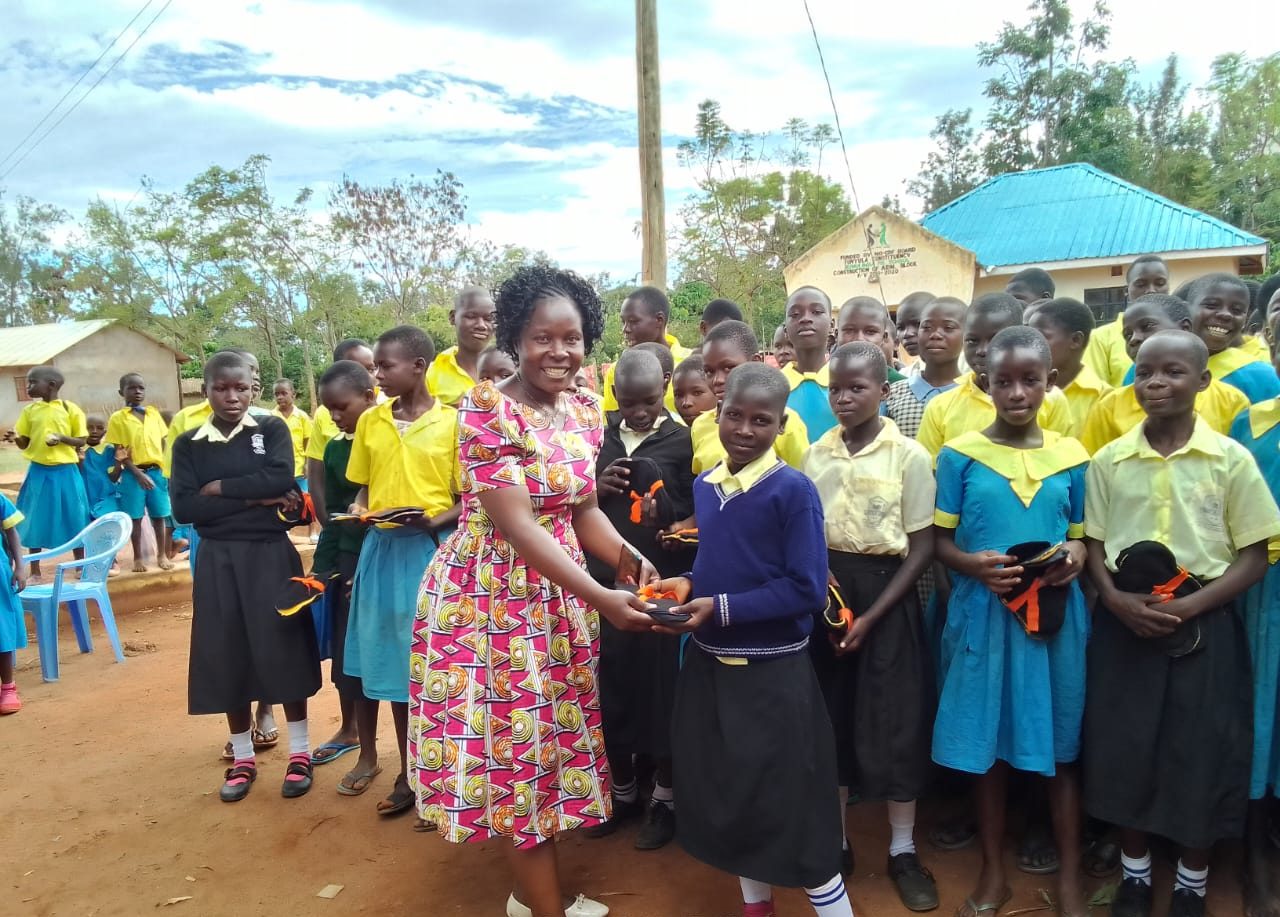School is often a place of safety and those girls who drop out are much more likely to be sexually abused and enter child marriages that can have consequences for their physical and mental health. Girls and young women need to feel that their aspirations are being taken seriously. Historically girls were considered just to be home-makers so education was not thought to be essential but in the 21st century all over the world women are in positions of authority and power. So it seems that for the want of period pads young girls and women are denied the option to be in school full time and reach their potential.
‘My health, my right’ is the theme for this year’s World Health Day and can be applied to all aspects of health and wellbeing, As the WHO states health isn’t just about the absence of disease. It is a well-known fact that education is the best way out of poverty and the effects of poverty have a detrimental effect on health. Through no fault of their own many schoolgirls miss one week of school each month because their families can’t afford to buy period pads. Period poverty affects many young women all over the world but in areas of extreme poverty the ramifications are much larger. It is difficult to take part in all areas of education and reach your potential if you regularly miss 25% of school.
The Power Of Pads model of support fills that gap, by supplying funding to help set up small groups of women to make and supply reusable, washable period pads. It sounds simple and it really is. 100% of money raised goes straight into funding these micro businesses and we know that the effect of this intervention can be far reaching on the mental and physical health of girls and women in rural Kenya.

